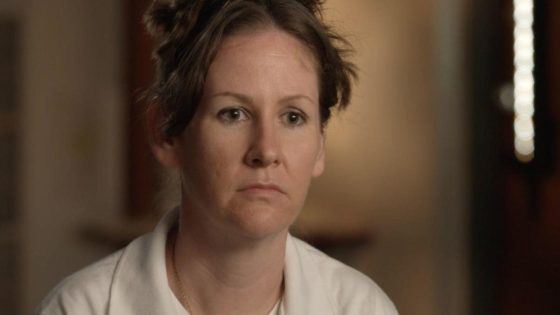A Texas judge has recently made headlines by imposing a hefty penalty on a New York doctor, igniting a legal battle that highlights the contentious divide over abortion rights in the United States. On Thursday, September 28, 2023, Judge Bryan Gantt of the Texas State District Court ordered Dr. Maggie Carpenter to pay more than $100,000 in fines and attorney fees for prescribing abortion pills to a woman in Texas through telemedicine. This ruling raises significant questions about the reach of state laws across borders, particularly as other states grapple with their own legislation surrounding abortion.
- Texas judge fines doctor over abortion pills
- New York governor rejects Louisiana's extradition request
- Case tests legality of shield laws
- Doctor faces charges for out-of-state prescriptions
- Abortion pills central to legal battles
- Emergency follows abortion pill prescription
The situation escalated when Louisiana authorities sought to extradite Dr. Carpenter, alleging that she had violated their strict abortion laws by dispensing medication to a pregnant minor. New York Governor Kathy Hochul, however, firmly rejected the request, stating unequivocally, “I will not be signing an extradition order that came from the governor of Louisiana. Not now, not ever.” This strong stance underscores the broader battle between Democratic-led states, which often protect abortion access, and Republican-controlled states enforcing strict anti-abortion measures.
The incident transpired amid rising tensions following the U.S. Supreme Court’s controversial decision to overturn Roe v. Wade, dismantling federal protections for abortion access. In Texas, the ruling exemplifies the state’s stringent regulations, being one of the most restrictive abortion-banning states in the nation. Here, the legal environment has produced significant challenges for healthcare providers navigating the complexities of telemedicine in states with radically differing laws.
Dr. Carpenter, who is also the co-medical director of the Abortion Coalition for Telemedicine, faced a grave legal landscape when summoned to Texas court; she did not appear, leading to the judge’s decision to issue an injunction against her future prescriptions of abortion medication to Texas residents. This ruling prompted her supporters to voice their concerns about the implications for patient care. Julie Kay, the executive director of the Abortion Coalition for Telemedicine, stated, “The Texas ruling doesn’t change shield laws, and patients can access medication abortion from licensed providers no matter where they live.”
The charges against Carpenter in Louisiana, which represent a potentially groundbreaking case, come at a time when the accessibility of abortion pills has surged in popularity across the U.S. These pills are now the primary method for abortion, raising questions about the implications of administering them across state lines, especially in conservative regions where such procedures are heavily criticized or outright banned.
Moreover, the complexities extend to the case surrounding the female patient in Texas, who, according to the state’s Republican attorney general, experienced medical complications after taking the pills. The details around this situation emphasize the critical dialogues at play regarding the responsibilities of medical practitioners versus the rights of individuals seeking care.
As this intricate legal saga unfolds, the implications reach into the heart of reproductive rights and the enforcement of differing state laws. The Texas ruling and the potential extradition of Dr. Carpenter to Louisiana will not only impact her professional future but may set significant legal precedents, shaping how shield laws are interpreted and enforced in Democratic states regarding abortion practices.
Looking ahead, both legal experts and advocates are closely monitoring the developments of this case. Proponents on both sides of the debate are anticipating whether the courts will uphold the protections diplomatically afforded by shield laws or whether this situation will prompt a recalibration of how states interact regarding healthcare legislation. The outcomes of these cases will undoubtedly echo throughout the legal landscape, potentially influencing the broader national conversation surrounding abortion rights and state jurisdiction in the coming years.

































